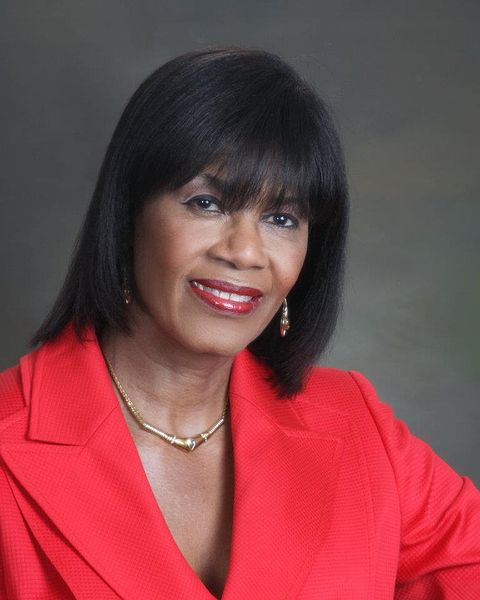75 Years of PNP

1. What was the role that the People's National Party (PNP) played in the anti-colonial struggle?
The People'n National Party was formed in a historical moment in which the inequality, the slavery reminiscences, social discontentment and no space in politics for African descendants were the reality the majority of Jamaicans had to endure. In this context, Osmond Theodore Fairclogh formed the party (1938) and recruited Norman Manley as its leader.
PNP objective was to fight for the rights of the Jamaicans in every aspect of life, such as work, education, health and freedom, with a social-democratic perspective. They also worked for the empowerment of the black people. Later, in 1952, the PNP joined the Socialist International. Manley among with the party fought for independence, and during his premiership he sped up the process by several constitutional amendments.
:format(jpeg):mode_rgb():quality(90)/discogs-images/R-3106774-1316080259.jpeg.jpg)
2. What was/is the role of women throughout the 75 years of the PNP? (Give at least 3 examples)
In PNP women had a strong role in the struggle for independence, even more for equality between women and men, because the formers are always repressed by the ones at the top of the social structure. They also helped to develop a sense of self, pride and dignity in the Jamaican women. During Michael Manley's premiership, women achieved Equal Pay for Men and Women Act (1975) and the Maternity Leave Act (1979).
The PNP has a the Women's Movement (since 1973), that has strong members such as Angela Brown-Burke, former Deputy President of the Senate of Jamaica and Mayor of Kingston.They also have Portia Simpson- Miller, former Prime Minister of Jamaica (2006-2007, 2012-2016). Even though they had a female Prime Minister, the inequality between women and men is a reality still present in Jamaica. It saddens me that every party says in campaign time they propose to do lots of things for women, but at the end they forget to all and keep the things as they are.


3. How did the implementation of democratic socialism affect the Jamaican people?
During the first years of independence, the PNP adversary, the Jamaican Labour Party (JLP) took the government, increasing economy, but decreasing social equality, as the grow seemed to be just for white people. Afterwards, during the PNP government, the party tried to implement welfare politics, like in education and health, but by doing so they leaned money from the International Monetary Fund, acquiring a huge debt.
Jamaicans can't decide if the democratic socialism was a good thing for the country or not, because when the PNP came to power the economy deteriorated and, even when they tried to stop it, the inflation grew and they had to take liberalist measures, that made them sell their country. It is also said that the PNP is a corrupt party that no longer seeks to take care or guard the people.
4. How does the PNP justify privatization and its role in creating a path of neoliberal reforms in Jamaica?
During the last years of Michael Manley and the first ones of P.J. Patterson premierships (both members of the PNP), more exactly in 1991 and 1992, the inflation reached 51.1% and 77.3% respectively, the highest rates recorded in the country. To control it, they implemented structural reforms to open up to the International market. To achieve this, they cut on tariffs, exchange controls and removed restrictions on foreign investment.
What happened with Jamaican (industry) privatization is similar to what happened in Chile during the times of La Concertación, because they both sold their riches as a measure of progress, so that they could afford the budget to pay for welfare politics, and as to regulate inflation.

5. How do you compare the role of PNP in the film, Ghett'a Life (Lenny Thompson, Derrick's Father) versus the documentary?
The role of PNP is completely different between the film and the documentary. In the first one, it was portrayed as a corrupted party, whose politicians were under control or influenced by the mafias and who viewed violence against the other party as a solution. In the second one, all PNP's members are portrayed almost as saviors of the country. It is hard to distinguish between which one showed the real face of the party (maybe it was a mix of both) because it could be biased by the ideology of its makers.
I agree with you, the role of the PNP in the last two movies was so different, is like the both sides of the coin, and honestly I don't know whta believe.
ResponderBorrargood job, Evelyn!
ResponderBorrar